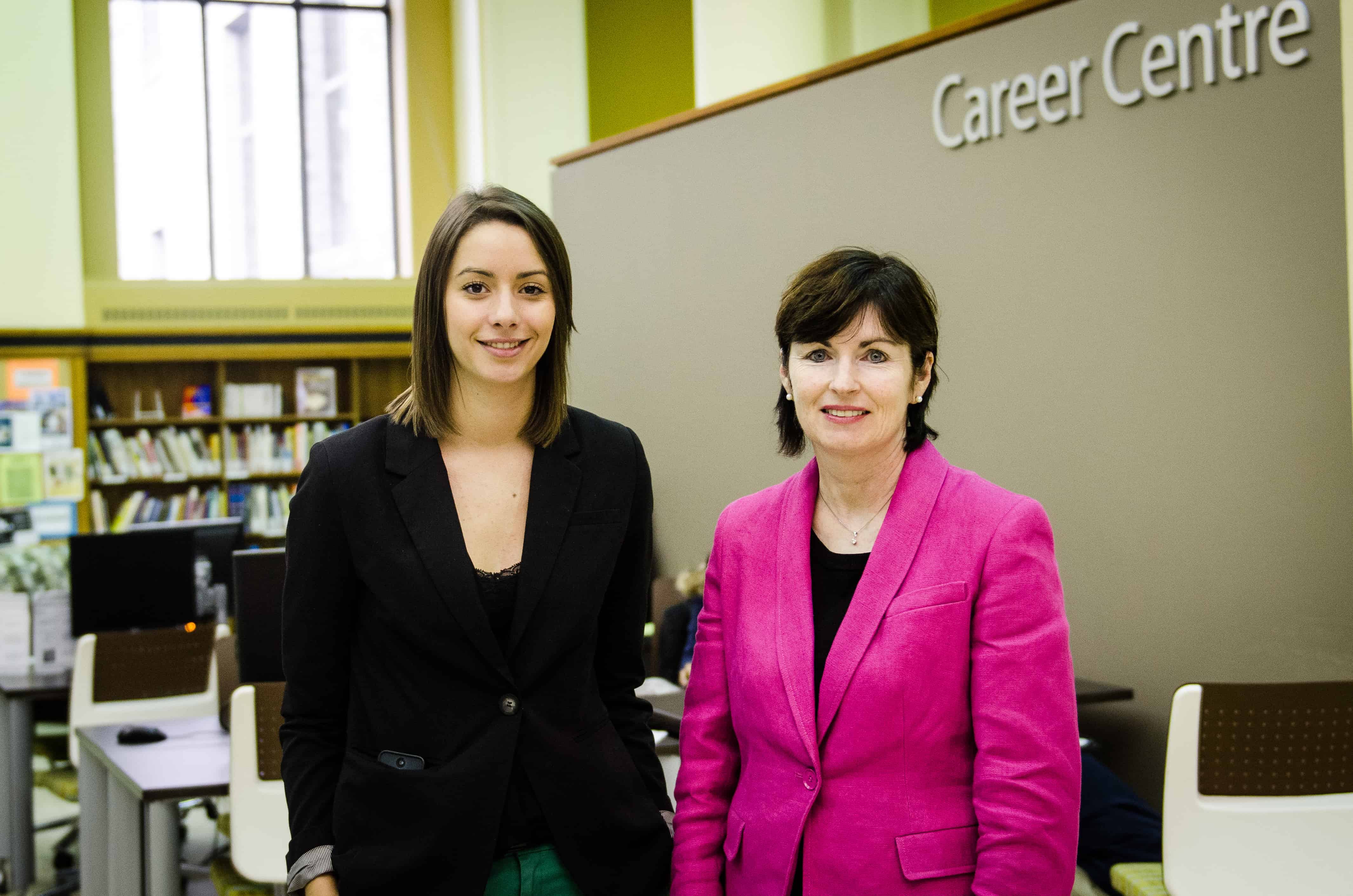The University of Toronto’s Office of Student Life is developing a new co-curricular record (CCR) for all undergraduate and graduate students. The initiative is designed to help students find extracurricular activities within the university and record them on an official, institutional document.
“The research indicates that successful students get involved in activities both inside and outside the classroom,” said Catherine Drea, director of student life at U of T. “The CCR will provide a new extensive database that will help students search for co-curricular opportunities, based on location (campus, faculty, college), type of activity, or skills they would like to develop.”
According to Drea, the co-curricular transcript will be “a separate and distinct document from their transcript, one that helps to demonstrate a student’s whole university experience.”
The impetus for the transcript was borne out of concerns raised by the student body, Drea said. “Students have asked for the CCR as a way to track their involvement at university.”
“In 2010, the university held a broad series of focus groups and asked students about their university experience,” said Drea, referring to the Council on Student Experience (CSE), which called for the creation of a co-curricular transcript as a means of enhancing student experience.
At the time, the CSE suggested such a move would “prioritize the importance of co-curricular involvement at U of T” and “recognize, celebrate, and make sense of co-curricular experiences, helping students relate to, reflect on, and learn from co-curricular involvement.” The council predicted that the record could become a “useful reference in a student’s community, workplace, scholarly, professional and personal life.”
“Working groups were established in response to what we heard, one of which focused on school spirit and engagement, which we thought could benefit highly from a formal incentive to contribute,” Drea explains. The working groups were comprised of more than 75 staff, faculty, and students from across all three campuses.
Kimberly Elias, program coordinator for the CCR, extols the benefits of extracurricular involvement. “Successful students get involved in university life,” said Elias. “By participating in these activities, U of T students will be able to build their experience and gain valuable skills.”
Elias says that the CCR will complement the current GPA and academic transcript and will allow greater recognition of extracurricular involvement in university life.
Carleton, Guelph, and Dalhousie already have a similar system in place. As focus groups help the Office of Student Life turn the proposal into reality, some students expressed lingering concerns.
Second-year student Alexandra Sundarsingh says that a formalized co-curricular record may encourage students to join as many clubs as possible and “emphasize quantity of involvement over depth” simply to have the activities listed on their record.
Drea disagrees. “The record will emphasize more than just joining and will reflect active engagement,” she said.
Drea said that student concerns highlighted in focus group sessions “have been heard” and that the main goal is to ensure that the administration communicates the policy change so that all students know about the CCR. “Every student should be aware of it and should have a better understanding of the types of co-curricular activities that are available at
U of T,” she said
Other students questioned the efficacy of such a policy. Political science student Giorgio Traini says he thinks that the “policy presents an unnecessary inconvenience for students who are already hard-pressed for time.”
The Office of Student Life will continue to consult students through focus groups this week; students can begin to sign up for the record beginning in 2013.


